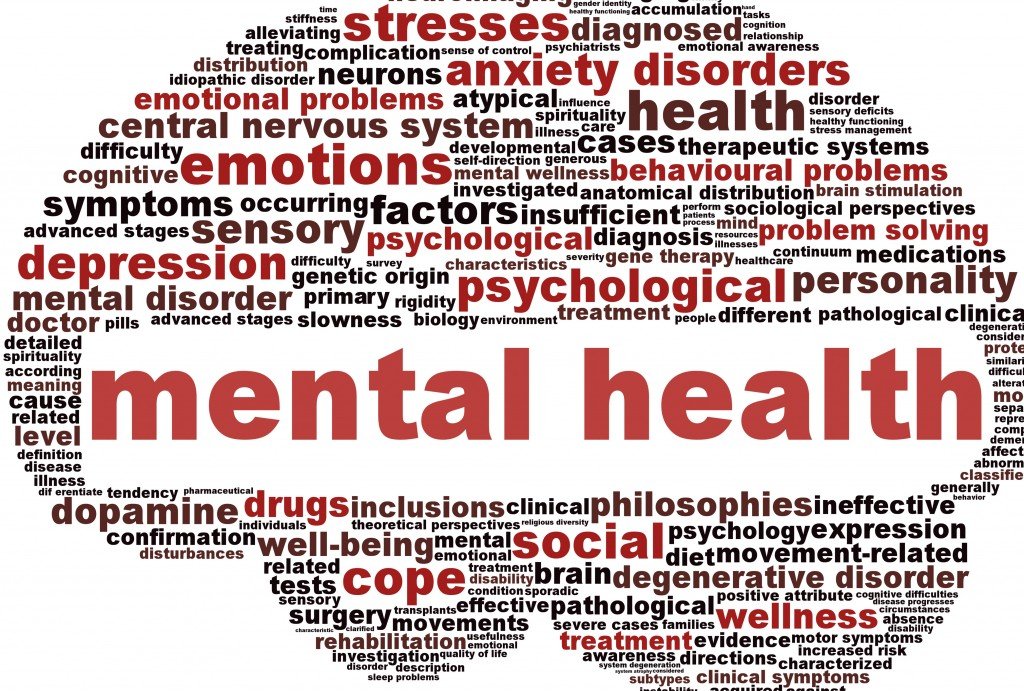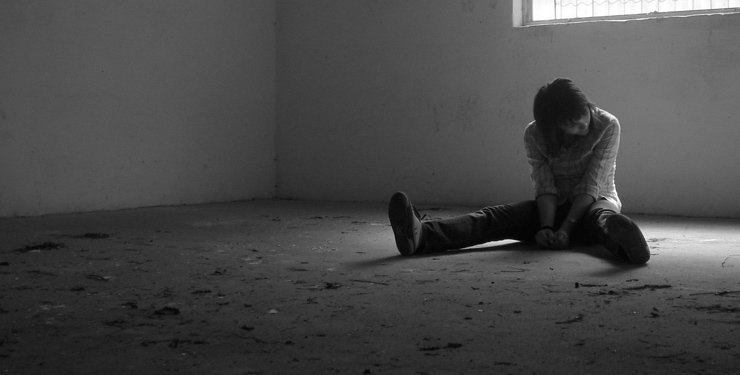We cannot talk about health without discussing mental health. World Health Organisation (WHO) defines health as a “state of complete physical, mental, and social well-being, and not merely the absence of disease or infirmity.”
A mental illness is a disease that causes mild to severe disturbances in thought and/or behavior, resulting in an inability to cope with life’s ordinary demands and routines. Mental health includes our emotional, psychological, and social well-being. It affects how we think, feel, and act. It also helps determine how we handle stress, relate to others, and make choices.
There are more than 200 classified forms of mental illness. Some of the more common disorders are depression, bipolar disorder, dementia, schizophrenia and anxiety disorders.
Mental health problems may be related to excessive stress due to a particular situation or series of events. As with cancer, diabetes and heart disease, mental illnesses are often physical as well as emotional and psychological. Mental illnesses may be caused by a reaction to environmental stresses, genetic factors, biochemical imbalances, or a combination of these.
In Tanzania, a study done in 2010 on 899 adults aged between 15 and 59 in two urban areas in Dar es Salaam, showed significantly higher rates of mental disorders among those who had experienced more than three severe life events in the last six months and relationship difficulties and death of a loved one.
Most families are not prepared to cope with learning their loved one has a mental illness. It can be physically and emotionally trying and can make us feel vulnerable to the opinions and judgments of others.
Factors that may increase your risk of developing mental health problems include;
- Having a blood relative, such as a parent or sibling with a mental illness,
- Stressful life situations, such as financial problems, a loved one’s death or a divorce,
- An on-going (chronic) medical condition such as diabetes,
- Brain damage as a result of a serious injury (traumatic brain injury), such as a violent blow to the head, traumatic experiences, such as military combat or being assaulted,
- Use of alcohol or recreational drugs, being abused or neglected as a child,
- Having few friends or few healthy relationships and
- A previous mental illness.
Sign and symptoms
Signs and symptoms of mental illness can vary, depending on the disorder, circumstances and other factors. These include;
- Feeling sad or down,
- Confused thinking or reduced ability to concentrate,
- Excessive fears or worries/anxiety, or extreme feelings of guilt,
- Extreme mood changes of highs and lows,
- Withdrawal from friends and activities,
- Significant tiredness, low energy or problems sleeping and detachment from reality (delusions).
Others are paranoia or hallucinations, inability to cope with daily problems or stress, trouble understanding and relating to situations and to people, alcohol or drug abuse, major changes in eating habits, sex drive changes, excessive anger, hostility or violence and suicidal thinking.
How to cope day to day
- first, accept your feelings are normal; you may find yourself denying the warning signs, worrying what other people will think because of the stigma, or wondering what caused your loved one to become ill.
- Secondly, handle unusual behavior with help from your doctor or mental health professional, discuss and develop a strategy for coping.
- Thirdly, establish a support network; seek support from friends and family members.
- Fourthly, seek counseling; therapy can be beneficial for both the individual with mental illness and other family members.


















Comments